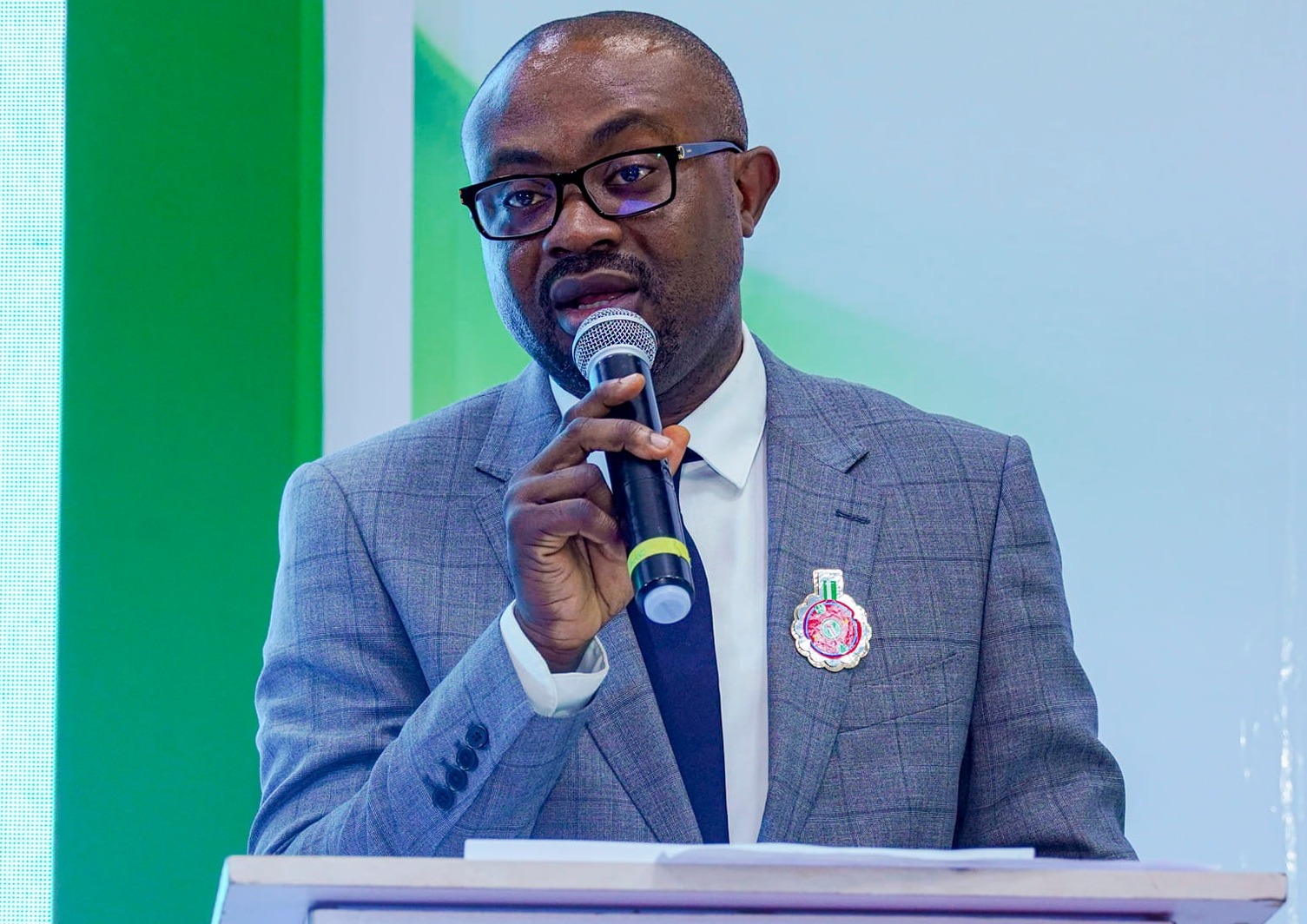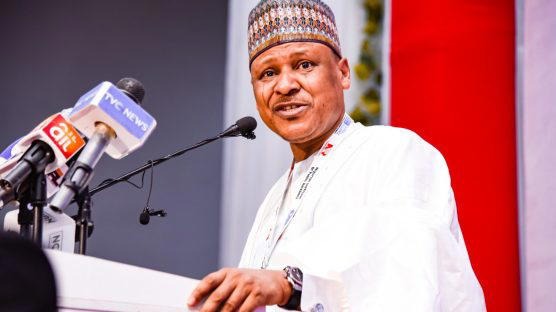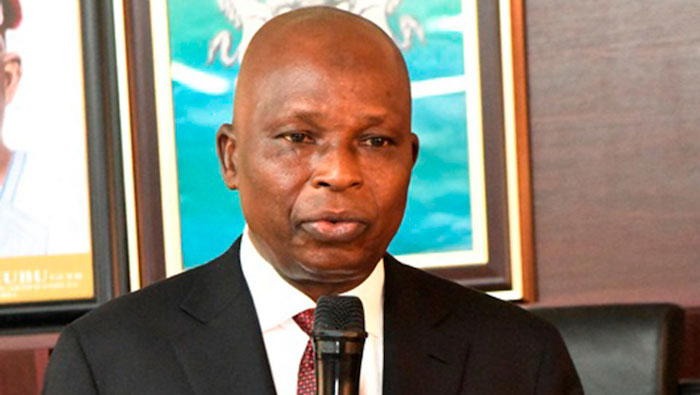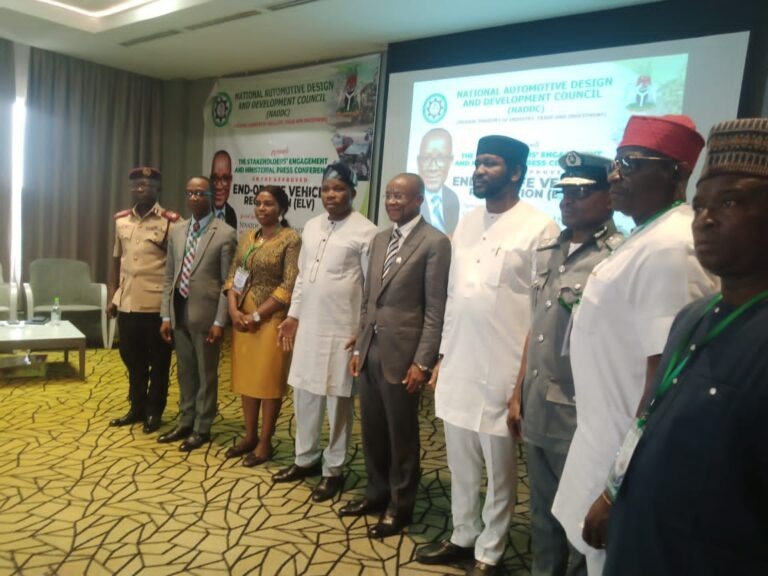Not long ago, the Petroleum and Natural Gas Senior Staff Association of Nigeria, PENGASSAN, accused a Lagos-based oil company of employing no fewer than 10,000 expatriates, including security personnel and cooks. Read Also: Insecurity worsens: Herdsmen kill 144 in Plateau, Benue in 14 days Though the veracity of these claims has not been ascertained—even at the Ministry …









